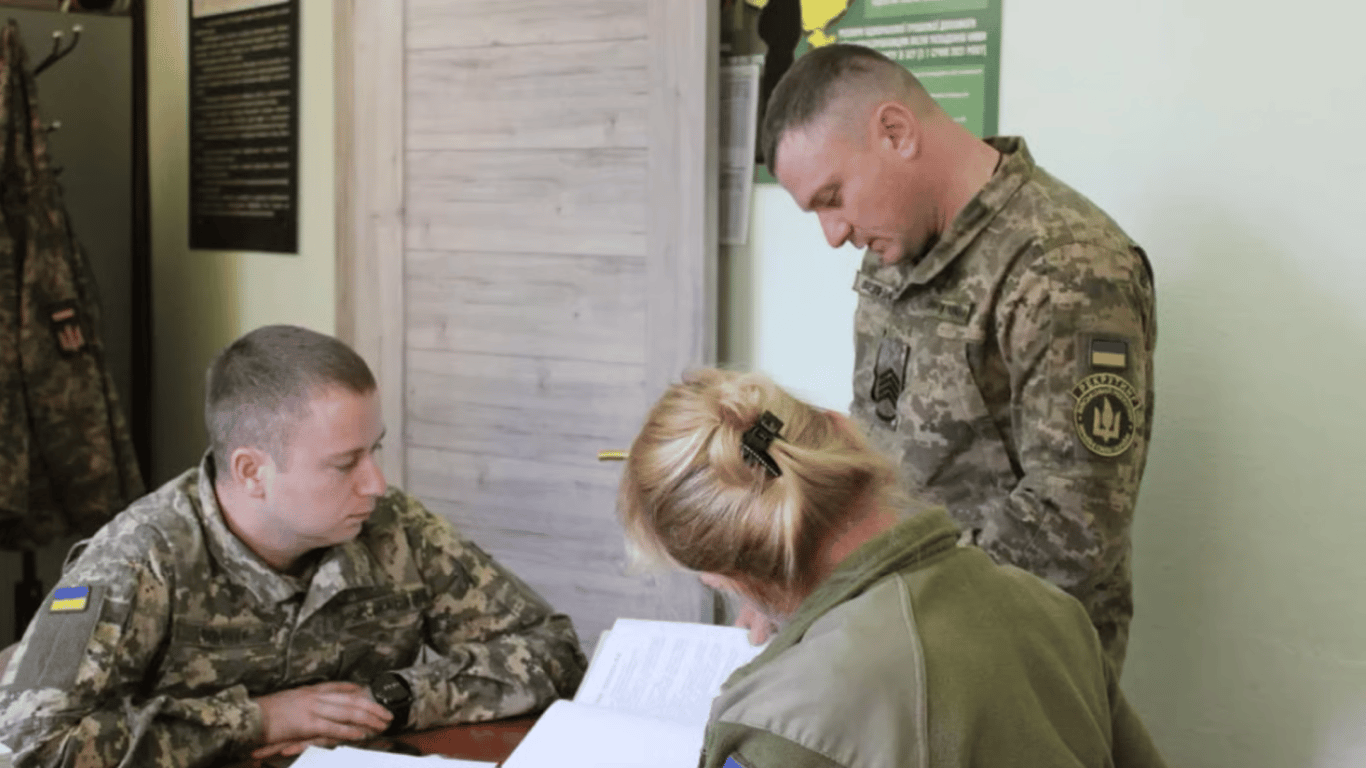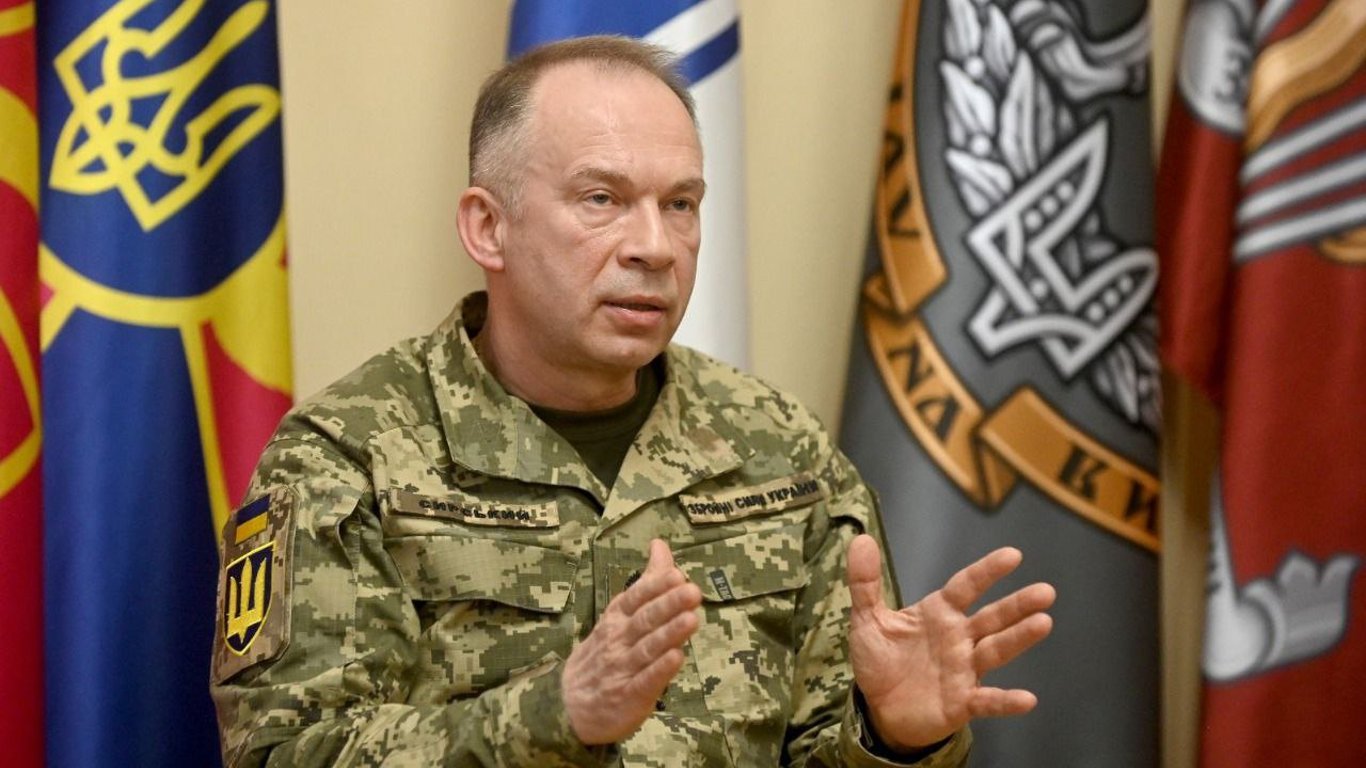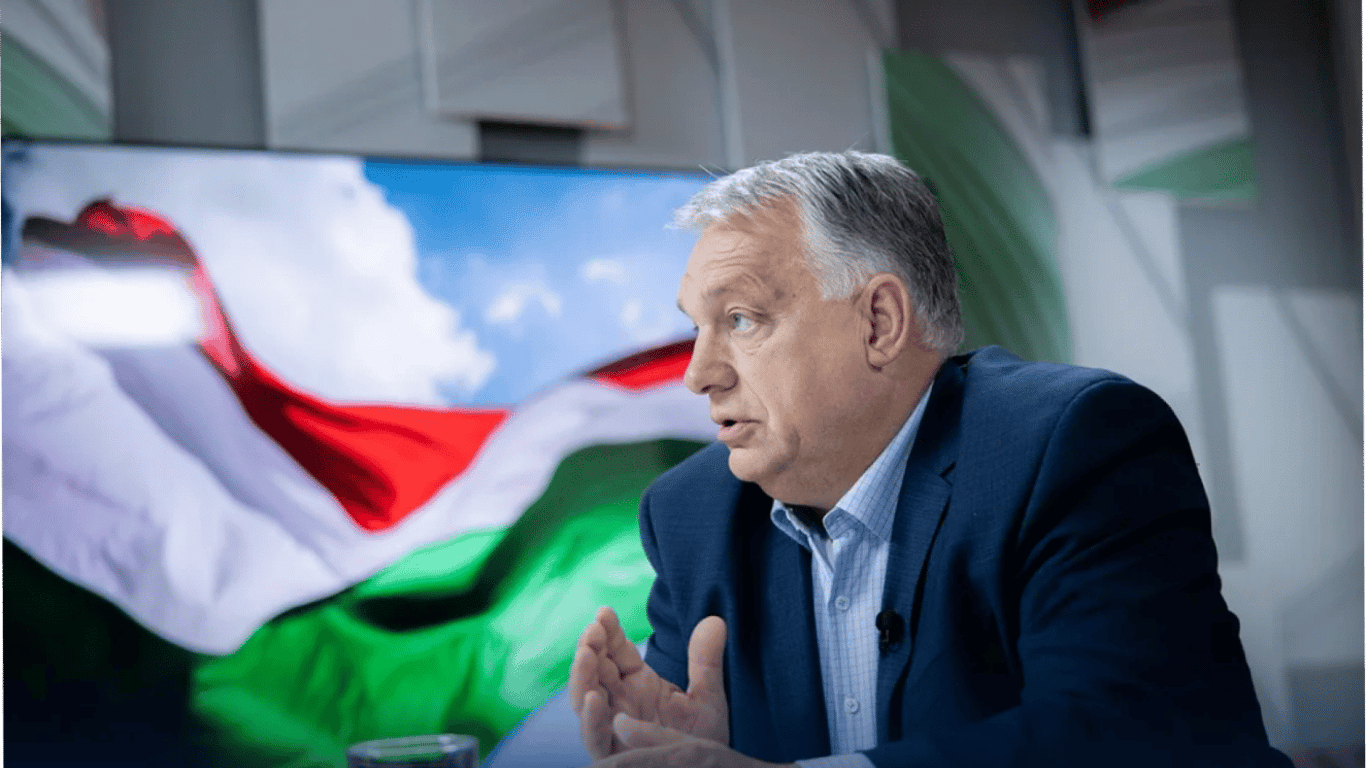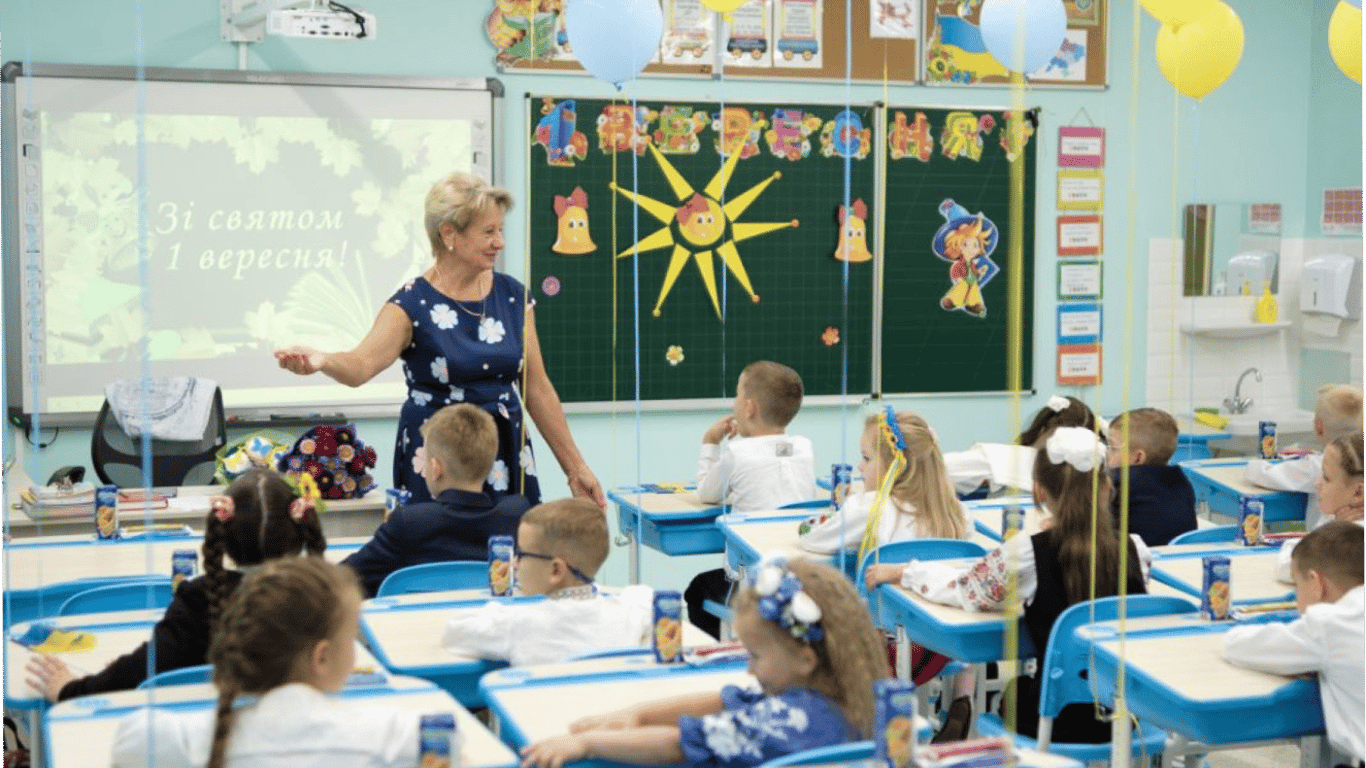Without tanks and armored vehicles: how Russians are fighting now near Pokrovsk.

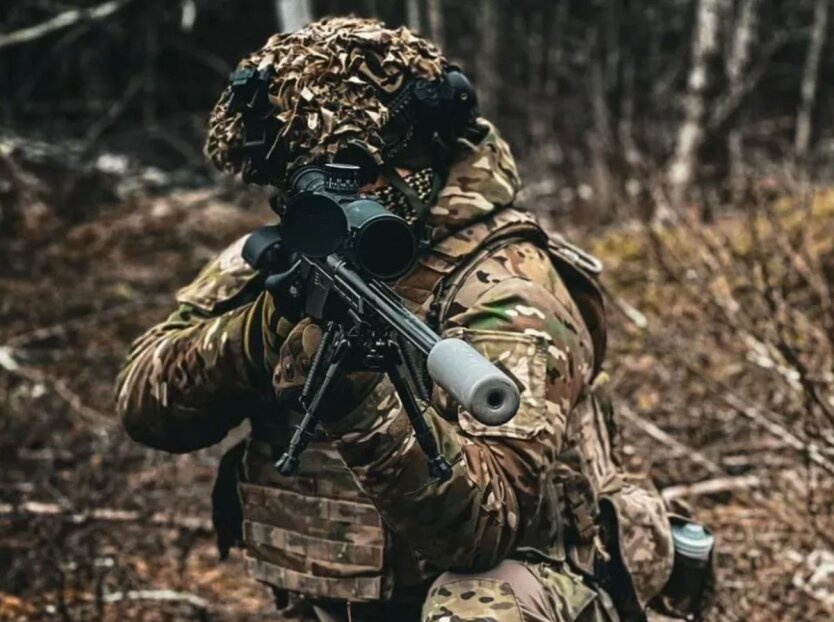
The occupiers operating near Pokrovsk have changed their approach to combat. They have abandoned heavy armored vehicles in favor of bicycles and scooters, as they are better suited for such conditions. This information was provided by Colonel Oleksiy Khilchenko, the head of the 3rd Operational Brigade 'Spartan', in the program 'Unified News'.
The enemy is sending their infantry on the ground, using motorcycles, scooters, and even bicycles for assaults. They carry out operations in small groups, without choosing the hour, showing constant movement.
'The enemy is constantly improving and trying to catch us' - emphasized Khilchenko.
Occupants' Tactics
Although the occupiers have changed their transport, their overall tactics remain unchanged - they believe in quantity rather than quality. They initially send 'human waves' to gain an advantage. Colonel Khilchenko said that enemy attacks can involve from 50 to 60 fighters.
Commander Khilchenko also noted that the occupiers are strategically switching to light transport, like bicycles and scooters. This indicates their readiness to adapt and the constant evolution of strategies in the conflict zone.
Colonel Khilchenko emphasized that the Russian occupiers have changed their combat tactics, focusing on maneuverability and speed, while also highlighting their persistence in the fight against Ukrainian forces. The occupiers have demonstrated their ability to respond quickly to changes in combat conditions, which poses new challenges for the Ukrainian army in the conflict zone.Read also
- Russians attacked Odesa - residential buildings damaged
- Removal from the search — what request needs to be sent to the TCC
- Merz responded on whether Ukraine will join the EU by 2034
- Syrskyi on the defense of Pokrovsk - the enemy was stopped and the sabotage group was destroyed
- Orbán made a scandalous statement regarding the war in Ukraine
- The Ministry of Education canceled the order regarding distance learning - what does it mean

